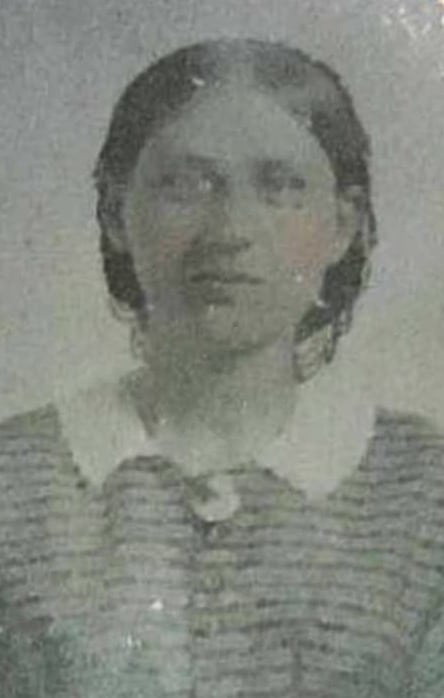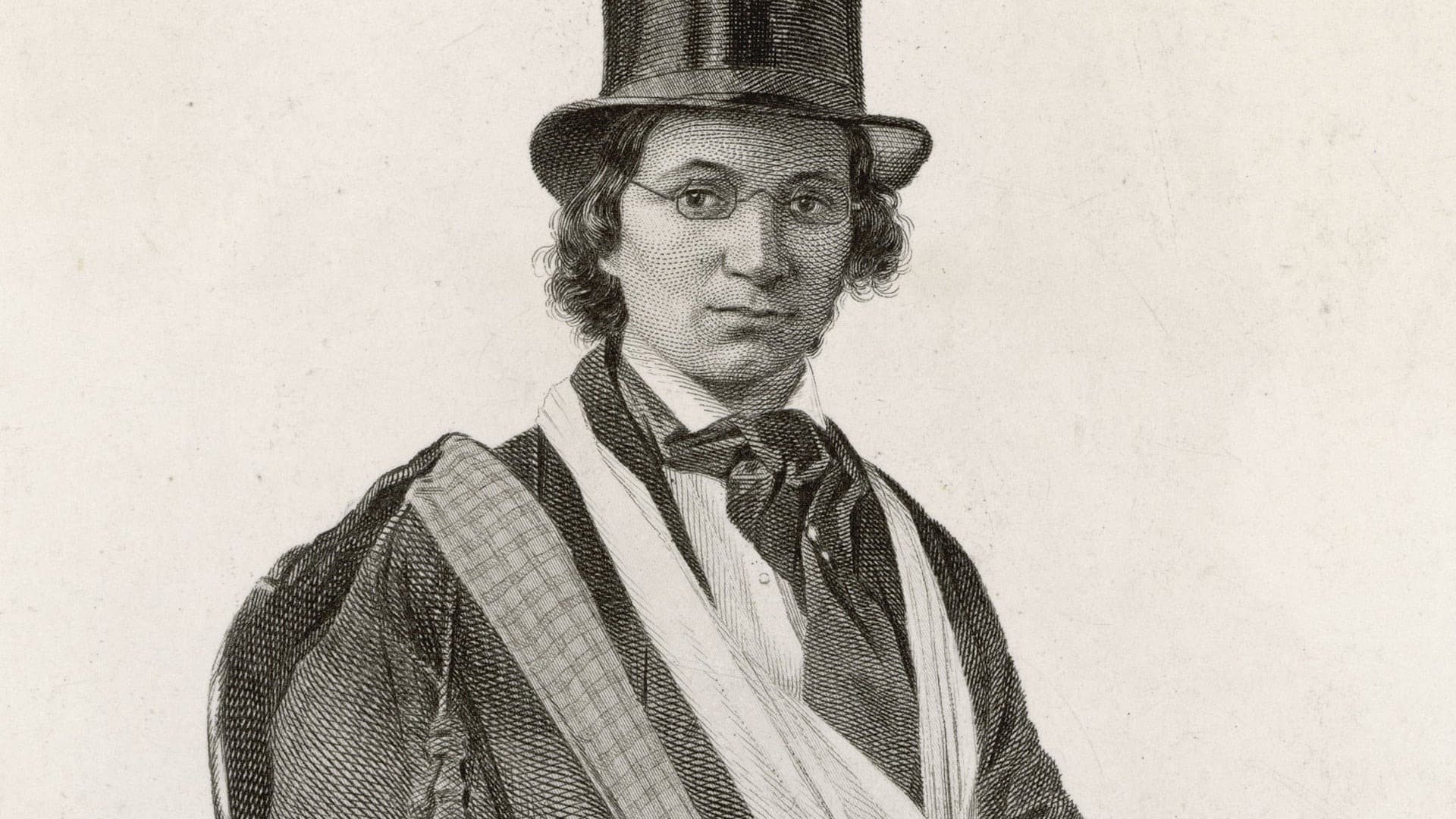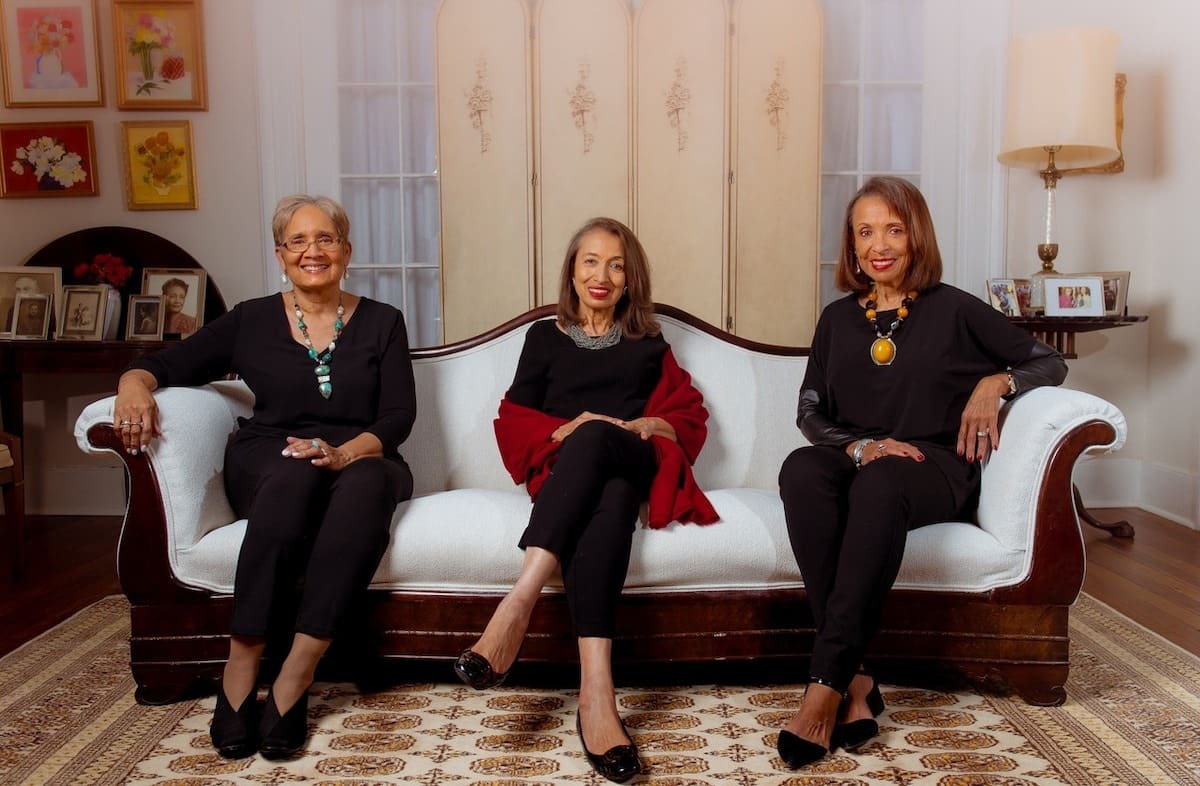Are Healys and Crafts Cousins? Let’s Unravel the DNA Mystery!
Just before Christmas, Tom Riley, aged 80, and his daughters Kate, 51, and Erin, 48, engaged in a family holiday tradition: they connected with their cousins over Zoom.
From Erin’s home in Albuquerque, they greeted Gail DeCosta, 75, in Charleston, South Carolina, as well as Vicki Davis Williams, 73, and Julia-Ellen Craft Davis, 74, who joined from New Jersey.
During their two-hour gathering, they grappled with a question that historians have pondered: Are they truly cousins?
The connection between the families traced back to remarkable ancestors who defied the odds of slavery in 19th-century Georgia.

Williams, Davis, and their cousin Gail are descendants of William and Ellen Craft, famed for their daring escape from slavery in Georgia in 1848. The Crafts, activists against slavery, settled in England to avoid being recaptured under the Fugitive Slave Act.
On the other side, Tom Riley’s great-grandmother, Martha Healy, escaped from the same region of Georgia during the same time period as the Crafts. Her mother, Mary Eliza, had a relationship with Michael Healy, a prominent landowner who couldn’t legally free his family due to Georgia’s laws. So, he sent them north for freedom and education.
The Healy children, who could pass as White, didn’t acknowledge their African heritage and achieved notable positions in society.
This Zoom call, arranged by The Washington Post, might be the first time these families have connected in about 150 years. It coincided with the 175th anniversary of the Crafts’ escape, a time when some enslaved individuals were granted passes to visit during Christmas.
Though it wasn’t the usual cheerful family reunion, the cousins were warm and curious, eager to find any shared stories that might confirm their familial ties.
“Our side of the family was seriously passing right through my grandmother’s generation,” Riley mentioned during the Zoom call. “There aren’t any family stories on our side of it,” she added.
Tom Riley grew up as White and Irish Catholic near Boston. On the other hand, Williams, Davis, and DeCosta have always seen themselves as Black.

Martha, Riley’s great-grandmother, was one of six Healy siblings who chose a life devoted to the Catholic Church. However, she eventually chose to leave the convent and get married.
Despite rumors swirling among clergy and congregations about the Healy family’s African American roots, it was Albert S. Foley, a Jesuit priest and historian, who brought the family secret to light in his 1954 book, “Beloved Outcaste.” He focused on Martha’s brother, James Healy, who served as bishop of the Roman Catholic Archdiocese of Portland, Maine, from 1875 to 1900 and was the first Black priest in the United States.
“I remember Father Foley coming to the house,” recalled Riley, who was just 8 years old when his grandmother reluctantly agreed to speak with the persistent priest at their home in Waltham, Massachusetts. Riley remained unaware of his mixed-race heritage until he was 16, when an aunt revealed the truth.

Though Foley’s 1954 book didn’t mention the Crafts, his 1976 publication, “Dream of an Outcaste,” delved into Martha’s brother, Patrick Healy, who served as president of Georgetown University. Foley claimed that Mary Eliza, the Healy siblings’ mother, was Ellen Craft’s sister, a notion echoed by journalist and historian Dorothy Sterling in her 1979 book, “Black Foremothers.”
“I dove deep into the research by Sterling and Foley,” remarked Ilyon Woo, author of “Master Slave Husband Wife,” her 2023 bestseller on the Crafts. Woo initially included a chapter on Mary Eliza based on Foley’s claim but later abandoned it due to lack of verification.
“They did exhaustive research, but their sourcing was lacking,” Woo noted. Undeterred, she sought out their elusive references.
In the Josephite Archives in D.C., where Foley’s papers were stored, Woo discovered that the relevant documents had been discarded. However, in Harvard’s Houghton Library, she stumbled upon a handwritten 1893 letter from S.T. Pickard to a historian documenting Maine’s Underground Railroad. Pickard mentioned meeting Ellen Craft and wrote:
“The Roman Catholic Bishop of this Diocese, Bishop Healy, is her cousin. … I doubt if it would do to publish these facts, for Healy does not acknowledge them. But Ellen Crafts (sic) told me it was so — and she called on him and was recognized.”

